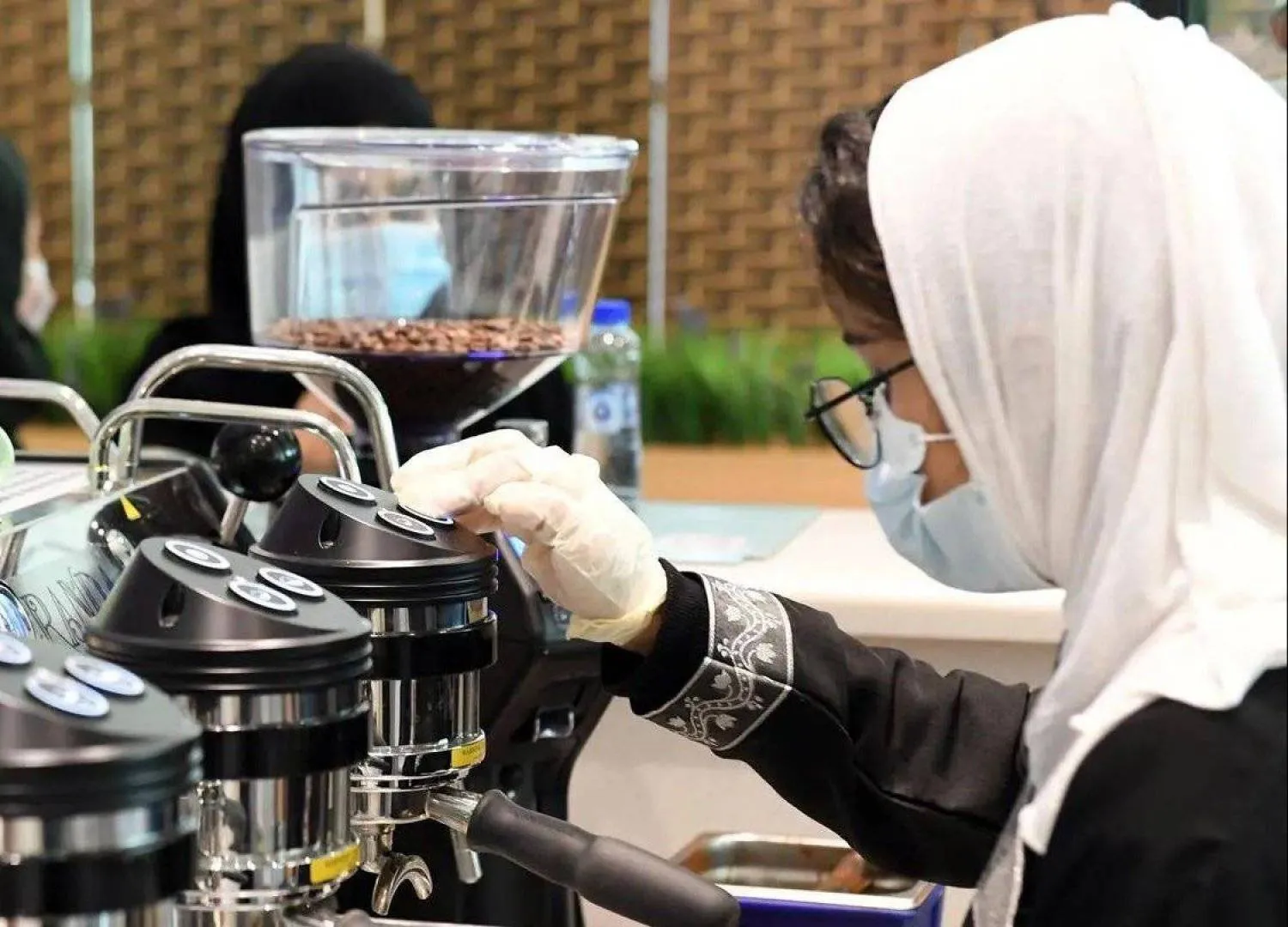Around 3,000 Saudi SMEs benefited from The Small and Medium Enterprises Loan Guarantee Program (Kafalah) during the first half of 2024.
The program reported issuing 3,543 financing guarantees worth over SAR 8 billion, compared to SAR 7.2 billion last year, marking an 11.66% increase. The value of the guarantees provided exceeded SAR 6 billion, compared to SAR 5.7 billion in 2023, reflecting a 4.63% increase, according to a statement by Kafalah.
CEO and Board Member Homam Hashem stated that SMEs are the main economic driver and crucial for achieving economic development and income diversification, as emphasized by Vision 2030.
He highlighted the importance of government and private sector efforts to support SMEs and address their challenges, pointing to the program’s success as a public-private partnership model.
Kafalah program, in coordination with the SME Bank, aims to achieve Vision 2030 goals in all initiatives and products, helping SMEs obtain financing to grow and expand across the Kingdom, and encouraging financial institutions to engage with the SME sector.
Since its launch in fiscal year 2006, and until the end of the second quarter of 2024, the program has approved more than 63,000 guarantees benefitting 22,000 SMEs, with a total value of financing exceeding SAR 99 billion ($26.4 billion). The total value of issued guarantees amounted to SAR 70.5 billion.









